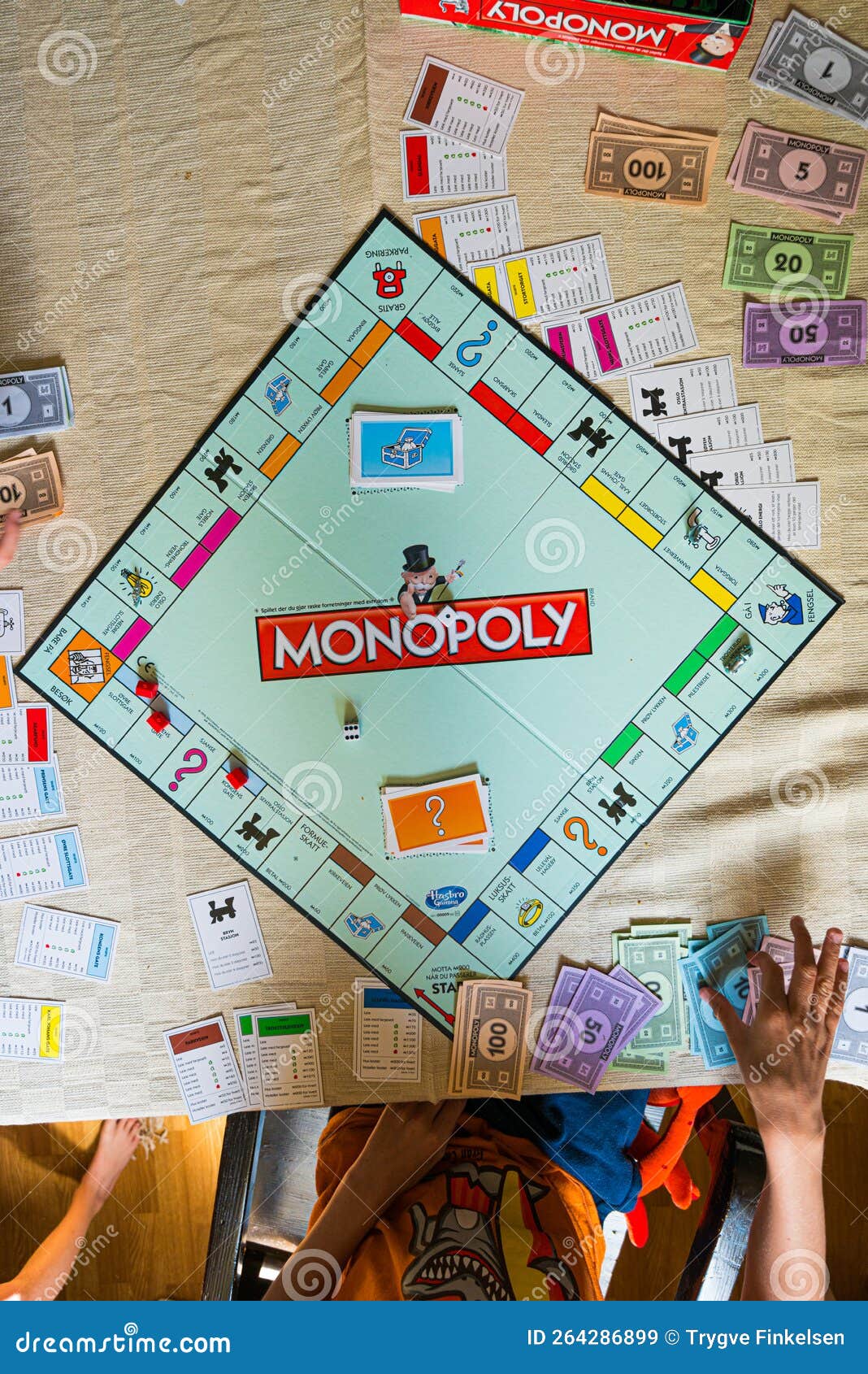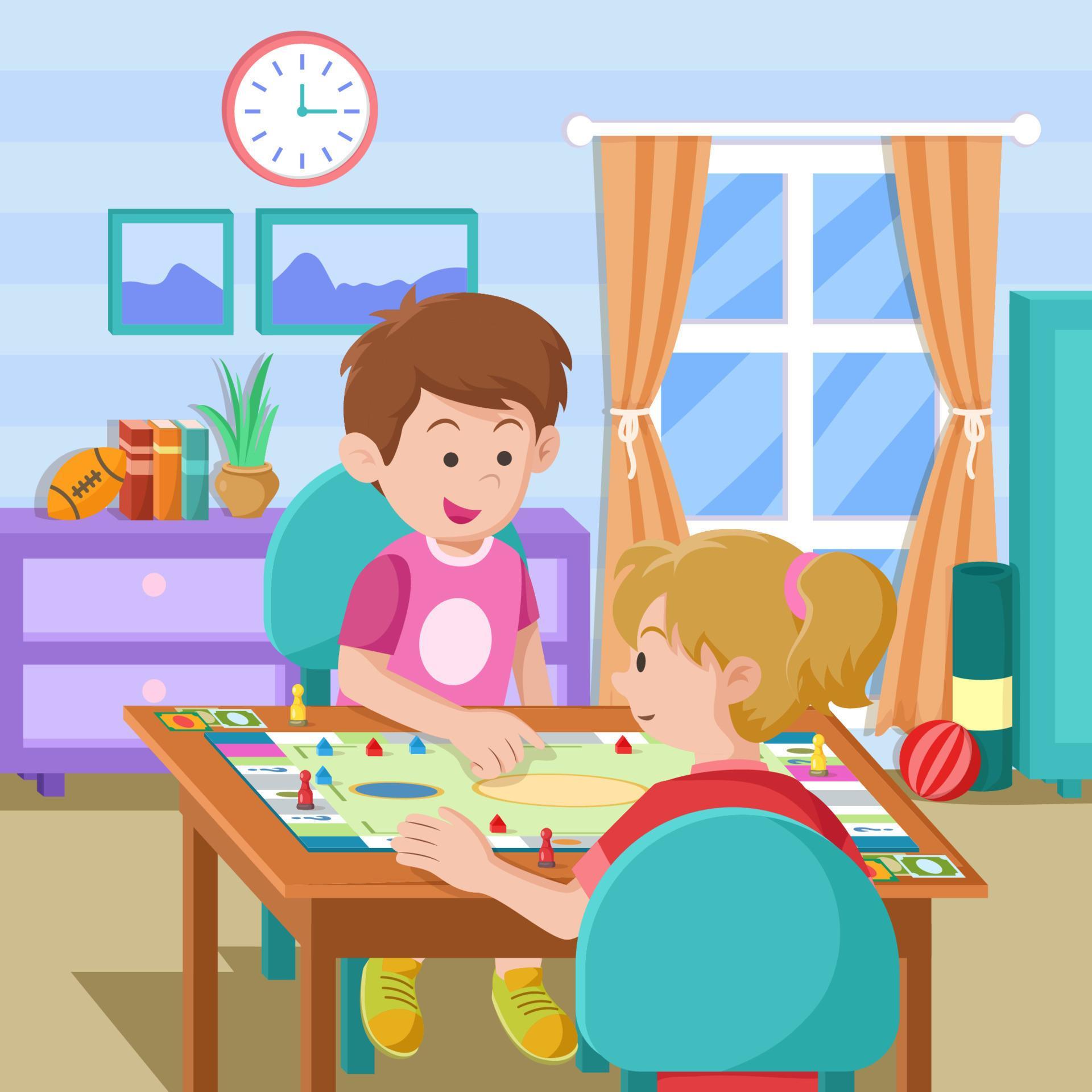There’s nothing quite like the thrill of watching kids playing Monopoly. It’s more than just a board game—it’s an experience that brings families together, teaches valuable lessons, and creates unforgettable memories. Whether your little ones are rolling dice for the first time or strategizing to bankrupt their siblings, Monopoly offers endless entertainment. And hey, who doesn’t love a good dose of friendly competition?
Monopoly has been around since 1935, and it continues to be one of the most beloved board games worldwide. It’s not just about buying properties and collecting rent; it’s also about learning important life skills like negotiation, budgeting, and strategic thinking. For kids, this game is a fantastic way to develop their cognitive abilities while having fun with the family.
So, whether you’re looking to introduce your children to the world of real estate or simply want to enjoy some quality time together, this article will guide you through everything you need to know about kids playing Monopoly. Let’s dive in!
Read also:Is Trump The Most Hated Person In The World
Table of Contents
- The History of Monopoly
- Benefits of Kids Playing Monopoly
- How to Set Up the Game
- Understanding the Rules
- Creative Variations for Kids
- Learning Opportunities Through Play
- Tips for Parents
- Common Mistakes to Avoid
- Fun Facts About Monopoly
- Conclusion
The History of Monopoly
Monopoly didn’t just pop up overnight. It all started back in the early 1900s when Elizabeth Magie created a game called “The Landlord’s Game” to illustrate the dangers of monopolistic practices. Fast forward to the Great Depression, and Charles Darrow tweaked the concept, turning it into what we now know as Monopoly. The rest, as they say, is history.
Over the years, Monopoly has evolved with special editions, themed versions, and even digital adaptations. Its timeless appeal lies in its ability to adapt to different generations while maintaining its core essence. And let’s be honest, nothing screams nostalgia like hearing the sound of those iconic tokens moving across the board.
How Monopoly Became a Household Name
By the 1950s, Monopoly had become a staple in households across America. Its popularity skyrocketed thanks to clever marketing and word-of-mouth recommendations. Today, it’s available in over 100 countries and translated into 47 languages. That’s right—your kid could be playing Monopoly in Japanese or Spanish if they wanted to!
Benefits of Kids Playing Monopoly
Playing Monopoly isn’t just about winning or losing. It’s about the journey and the lessons learned along the way. Here’s why kids playing Monopoly can be incredibly beneficial:
- Math Skills: From counting money to calculating rent, Monopoly helps kids improve their arithmetic skills without them even realizing it.
- Decision-Making: Should they buy that property or save their cash? Every move in Monopoly requires careful consideration, teaching kids how to weigh pros and cons.
- Social Interaction: Playing with family or friends encourages communication, teamwork, and even a bit of healthy rivalry.
It’s amazing how a simple board game can pack so much educational value. Plus, it’s a great way to bond with your kids without screens getting in the way. Who needs video games when you’ve got Monopoly?
How to Set Up the Game
Setting up Monopoly is pretty straightforward, but here’s a quick rundown to make sure you’re all set:
Read also:Oj Simpson First Wife
- Unbox the game and lay out the board.
- Choose a token for each player—there’s nothing cuter than watching kids pick their favorite piece!
- Give each player $1,500 in Monopoly money.
- Shuffle the Chance and Community Chest cards.
- Decide who goes first by rolling the dice. Highest roll wins.
And just like that, you’re ready to roll! Make sure everyone understands the rules before starting, but don’t worry too much—kids tend to catch on quickly.
Quick Setup Tips
For younger kids, consider simplifying the setup process. You could start with less money or skip the more complex rules until they’re comfortable with the basics. Remember, the goal is to have fun, not confuse them!
Understanding the Rules
Now that you’ve got the game set up, let’s talk about the rules. Monopoly is relatively easy to learn, but there are a few key points to keep in mind:
- Players take turns rolling the dice and moving their tokens around the board.
- If a player lands on an unowned property, they can choose to buy it or let it remain available for others.
- Landing on another player’s property means paying rent based on the property’s value.
- Chance and Community Chest cards add an element of surprise, offering rewards or penalties.
Of course, there are plenty of nuances to explore, but these are the basics. Encourage your kids to experiment with different strategies and see what works best for them.
Teaching the Rules to Kids
When introducing Monopoly to kids, patience is key. Start by explaining the most important rules and gradually introduce more advanced concepts as they become more comfortable. Use relatable examples to help them understand—like comparing property prices to their favorite toys or snacks.
Creative Variations for Kids
Monopoly doesn’t have to be played the same way every time. Here are a few creative variations to spice things up:
- Speed Monopoly: Shorten the game by limiting the number of rounds or setting a time limit.
- Team Play: Pair kids up with adults or siblings to make it more collaborative.
- Themed Versions: Try out special editions like Pokémon Monopoly or Disney Monopoly for added excitement.
These variations keep the game fresh and engaging, ensuring your kids never get bored. Plus, who doesn’t love a good theme night?
DIY Customizations
Encourage your kids to get creative by customizing their Monopoly experience. They can design their own tokens, create new Chance cards, or invent unique properties. This not only adds a personal touch but also fosters creativity and imagination.
Learning Opportunities Through Play
While Monopoly may seem like just a game, it offers countless opportunities for learning. Here are a few examples:
- Financial Literacy: Kids can learn about budgeting, saving, and investing through the game’s financial mechanics.
- Critical Thinking: Deciding which properties to buy and when to trade teaches kids how to think strategically.
- Emotional Intelligence: Handling wins and losses gracefully helps kids develop resilience and empathy.
It’s amazing how much kids can learn without even realizing it. Monopoly truly is the gift that keeps on giving.
Real-World Applications
Encourage your kids to apply what they’ve learned in Monopoly to real-life situations. For instance, discuss how saving money in the game relates to saving for a rainy day in real life. These connections make learning more meaningful and impactful.
Tips for Parents
As a parent, there are a few things you can do to enhance the Monopoly experience for your kids:
- Stay Positive: Even if your kid bankrupts you, remember it’s all part of the fun.
- Encourage Questions: If your kids don’t understand a rule, take the time to explain it clearly.
- Keep It Light-Hearted: Don’t take the game too seriously—after all, it’s meant to be enjoyable!
Your attitude can make a big difference in how much your kids enjoy the game. Be supportive, patient, and above all, have fun!
Managing Competitive Spirits
Sometimes, competition can get a little intense. If you notice your kids getting upset, remind them that it’s just a game. Encourage sportsmanship and celebrate everyone’s efforts, not just the winner’s.
Common Mistakes to Avoid
Even the best players make mistakes from time to time. Here are a few common ones to watch out for:
- Not Reading the Rules: Make sure everyone understands the rules before starting to avoid confusion later on.
- Overbuying Properties: Encourage kids to save some cash for emergencies instead of spending it all at once.
- Ignoring Trades: Trading properties can be a powerful strategy, so don’t dismiss it outright.
By avoiding these pitfalls, you’ll set your kids up for success and a more enjoyable gaming experience.
Learning from Mistakes
Mistakes are an essential part of learning. Use them as teaching moments to help your kids grow and improve their strategies. After all, every great Monopoly player started out as a beginner.
Fun Facts About Monopoly
Here are a few fun facts to impress your kids:
- Monopoly is the best-selling board game of all time, with over 275 million copies sold worldwide.
- The longest Monopoly game ever recorded lasted 70 straight days!
- There’s even a Braille edition of Monopoly for visually impaired players.
These facts show just how versatile and enduring Monopoly truly is. Share them with your kids to spark their curiosity and deepen their appreciation for the game.
Conclusion
Kids playing Monopoly is more than just a fun activity—it’s a chance to learn, grow, and create lasting memories. From improving math skills to fostering emotional intelligence, this classic board game offers something for everyone. So gather your family, roll the dice, and let the good times roll!
Don’t forget to leave a comment below sharing your favorite Monopoly moments or tips for playing with kids. And if you enjoyed this article, be sure to check out our other posts for more family-friendly content. Happy gaming!


